What did you do on your summer vacation?
For MFA graduate students Chase Cate, Linnea Harris, Becca Tabb, Sarah Mullens, and alum Bryce O’Tierney, the initial answer to a familiar back-to-school essay question—write—goes far beyond the clickity-clack of a keyboard.
While the act of writing is often labeled as a solitary endeavor, the reality for this group has been collaborative and nourishing. This summer, these writers were each accepted into competitive writing programs held across the country, where they had the opportunity to not only write—but also reflect, imagine, craft, learn, explore, engage, and generate new work alongside a cohort of accomplished writers, poets, and teachers.
“These students had the opportunity to attend some of the most prestigious and innovative summer writing workshops and conferences in the nation. I’m excited that they were able to expand their own literary communities in this way,” said Camille Dungy, University Distinguished Professor and director of the creative writing program.
Dungy continued: “The fellow participants and faculty they met this summer will continue to walk this path with them for their whole careers. Thanks to these summer opportunities, our CSU students will grow and expand as artists alongside these other talented and committed writers who have become their colleagues and peers.”
Below, learn more about our students’ summers and the positive impact these experiences had on their writing lives.
Writing in Napa Valley: Chase Cate and Bryce O’Tierney generate new poetry
Poets Chase Cate (a third-year MFA student) and Bryce O’Tierney (a recent MFA grad who currently teaches English, composition, and interdisciplinary liberal arts at CSU) both attended the Napa Valley Writers Conference in Napa, California this past July. Known for being an intimate workshop with an emphasis on process and craft, participants attend workshop for two hours daily over five days.
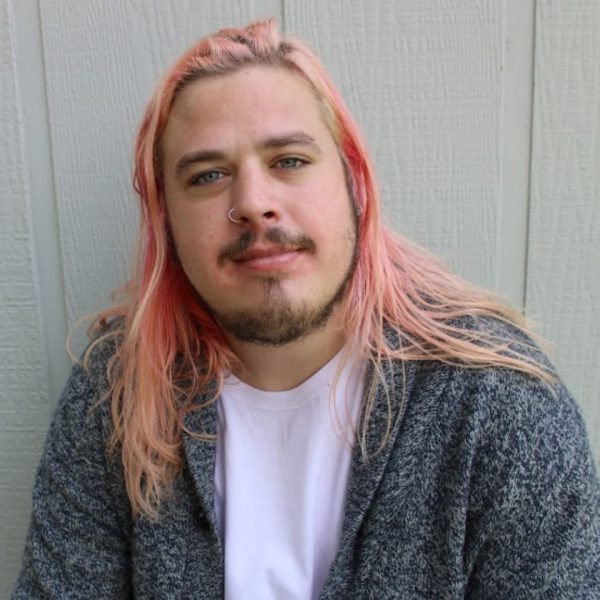
Cate, who had the chance to work with poet and Johns Hopkins Professor Bruce Snider, said the experience was foundational as they move into their thesis year.
“NVWC gives you the opportunity to participate in workshops of only 12 people with renowned writers from around the country,” said Cate. “The workshop gave me the opportunity to go into my thesis year with confidence and preparedness. I was able to craft new material for my thesis while working with people who weren’t yet familiar with my work, which provided me with fresh viewpoints.”
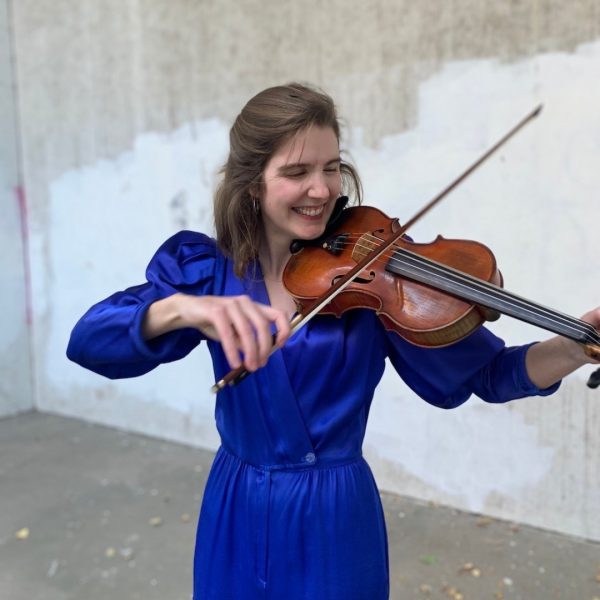
O’Tierney said the draw to Napa for her was the generative nature of the poetry workshop, which is known for encouraging participants to write a new poem for workshop each day.
“The generative aspect of workshop was replenishing and invigorating to my writing practice,” she said. “The rigorous requirements of the poem-prompts from my workshop facilitator, C. Dale Young, pushed me into unexpected turns of material—diction, association, shifting tonalities—that I might not have arrived at otherwise. I left the week with satisfying drafts of five new poems, and nourishing connections with other writers.”
Linnea Harris and Sarah Mullens head east to attend the Orion Environmental Writers’ Workshop and Bread Loaf Writers’ Conference, respectively
Hosted by Orion Magazine, the Orion Environmental Writers’ Workshop is held at the picturesque Omega Institute in New York’s Hudson Valley. Described as “a creative laboratory for anyone seeking to reflect their environments through their work,” the week-long workshop offers breakout craft intensives, faculty readings and lectures, student readings, and panels on publishing.
For Harris, a third-year student in creative nonfiction, the workshop environment felt like a dream, evoking childhood.
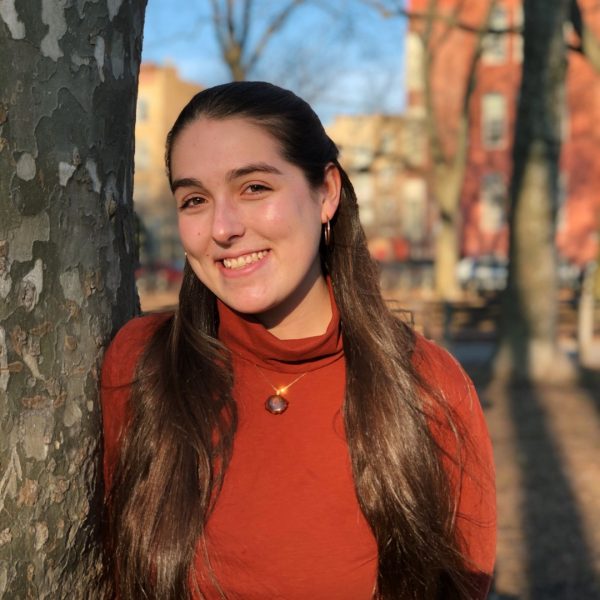
“It felt like a summer camp for adult writers who draw inspiration from the natural world, which was such a joy! It was quite special attend a workshop led by a publication that puts forth such beautiful and important writing that I’ve long admired,” she said.
“At Orion, I had the opportunity to work with Alison Deming, an environmental writer whose work has been a beacon to me for years. Every day, she sent us forth from workshop with instructions to spend time in the natural world in some way and write, and I ended up generating new work that will be central to my thesis project. I chose to camp in the woods on the campus for the week, and whenever I work on the essays that began at Orion, I’ll remember writing amidst the trees and fireflies.”
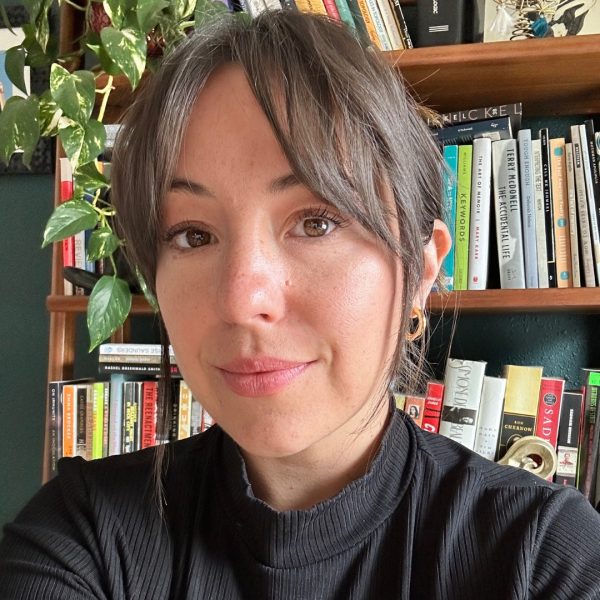
Up north in the Green Mountains of Vermont, Sarah Mullens (who also studies in the creative nonfiction program) attended the Bread Loaf Writers’ Conference held on the Bread Loaf campus of Middlebury College. Known as one of the oldest and most prestigious writing conference in the country, Bread Loaf was established in 1926 with the help of poet Robert Frost, and has hosted notable faculty, including MacArthur Fellows, U.S. Poets Laureate, and recipients of the Pulitzer Prize and National Book Award.
As a first-time participant, Mullens described finding a cohort of writers she’s excited to collaborate with in the future.
“For me, Bread Loaf was all about community. I made writing friends I know I’ll have for a long time. Five of us even planned DIY retreat for this winter.”
Becca Tabb and Linnea Harris refresh their writing practices in Minnesota’s Northwoods
Held on the banks of Lake Bemidji at Bemidji State University, the Minnesota Northwoods Writers Conference provides participants the opportunity to “inhabit a single intimate workshop with an award-winning writer for the duration of the conference.”
Tabb, a third-year student studying creative nonfiction, noted the conference is known for hosting prolific faculty and visiting writers, including Danez Smith, Kazim Ali, and Sun Yung Shin.
Kazim Ali, who served as Tabb’s instructor for the week, taught a workshop called “A Prose Practice: The Profound Daily”. In the workshop, writers “use the ordinary and daily around us to explore and reveal the deep, painful, and ecstatic experiences of any ordinary life.”
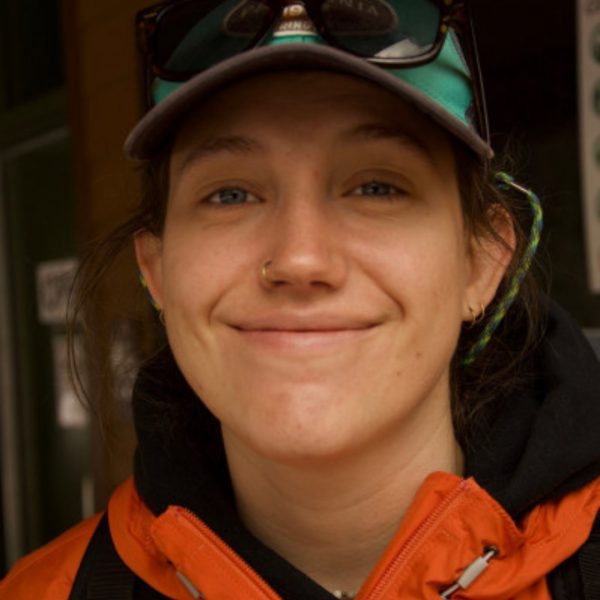
“My favorite part about this experience was the workshop,” said Tabb. “I loved Kazim’s daily practices. His focus on fragmentation enabled me to free myself from the constraints of a perfect sentence—opening up more accuracy and depth in my writing.”
Harris, who also attended the conference, added that the inviting atmosphere not only re-invigorated her practice, but also allowed her to come away with new lifelong friends.
“It felt so special to connect with other writers so sincerely, and to learn from my workshop leader, Lia Purpura, whose work I’ve been reading attentively since my undergrad career,” she said.
“The faculty in attendance at the workshop were just outstanding, and held craft talks and readings every day. There was such reverence for writing in every room, and by the end of the week, I felt energized about my own work in a brand-new way.”